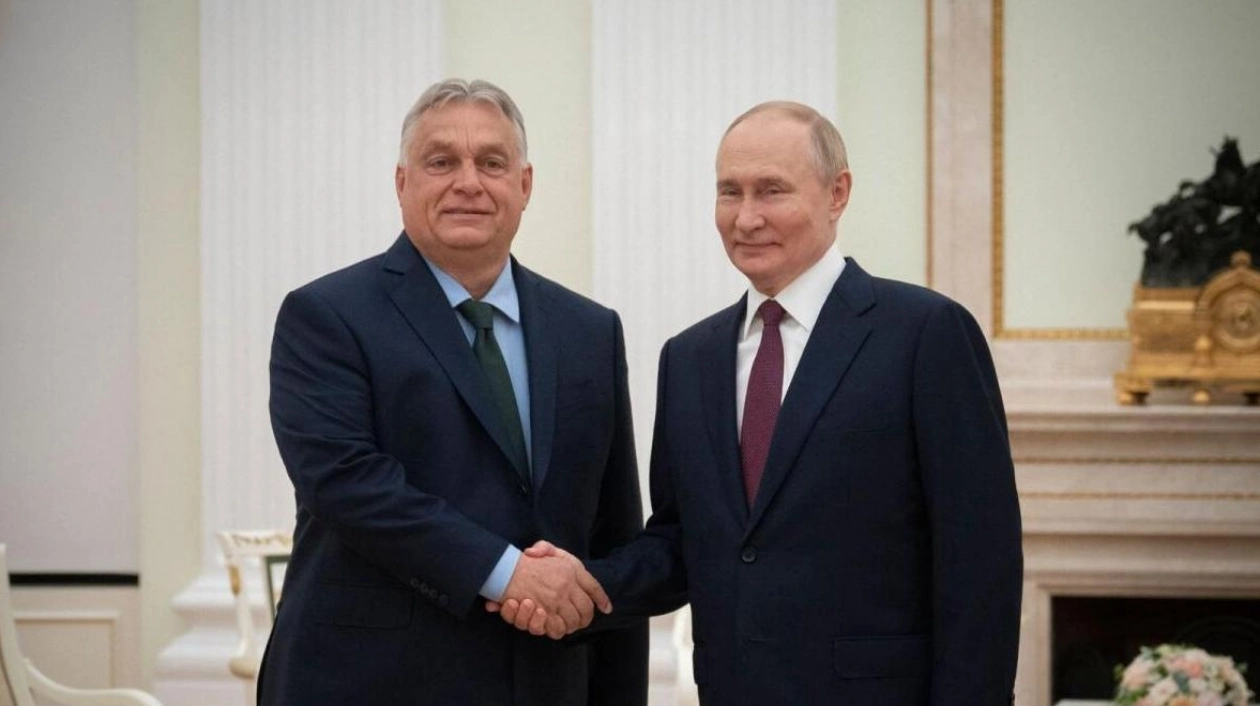A Hungarian program easing visa restrictions for Russians and Belarusians will involve the same security screening as other residence permits, according to a letter from the interior minister published on Wednesday. This comes amid concerns from the European Union about potential espionage. Last month, Budapest extended its "national card" immigration program to include Russians and Belarusians, raising alarms among EU officials who feared Russia could use it to infiltrate saboteurs and spies into the EU's border-free Schengen zone. These concerns are partly due to broader tensions between EU leaders and Hungarian Prime Minister Viktor Orban's government, which has maintained close ties with Moscow despite Russia's invasion of Ukraine.
Holders of such a card are allowed to work in Hungary without any special security clearance and can bring their family to the country. "The National Card will be issued in accordance with the relevant EU framework and with due consideration of the possible security risks involved," wrote Sandor Pinter in a letter to the European Union's internal affairs chief. "In this respect, the Hungarian legislation and practice, which the Commission has not objected to so far, has not changed," Pinter added in the letter published by EU affairs minister Janos Boka. Pinter mentioned that an annex to his letter, not published by Boka, would provide detailed answers to the questions posed by EU internal affairs chief Ylva Johansson.
Johansson had earlier warned Hungary that its decision to ease visa restrictions for Russians and Belarusians posed a potential security threat and said she would take action if her concerns were not addressed.






